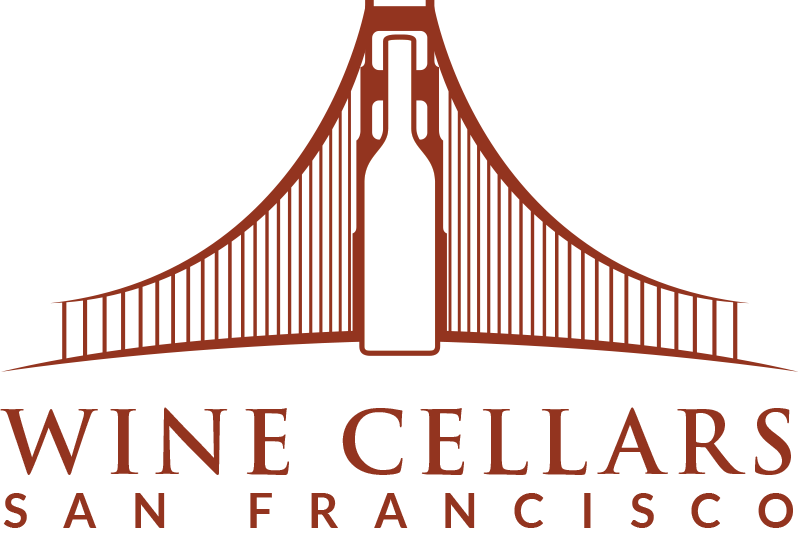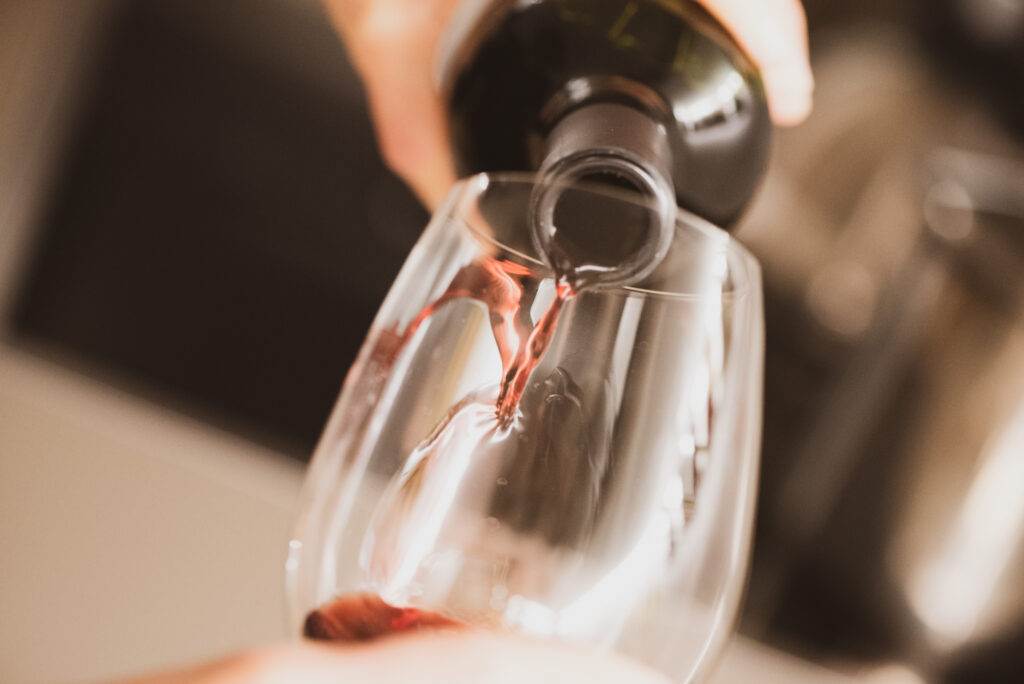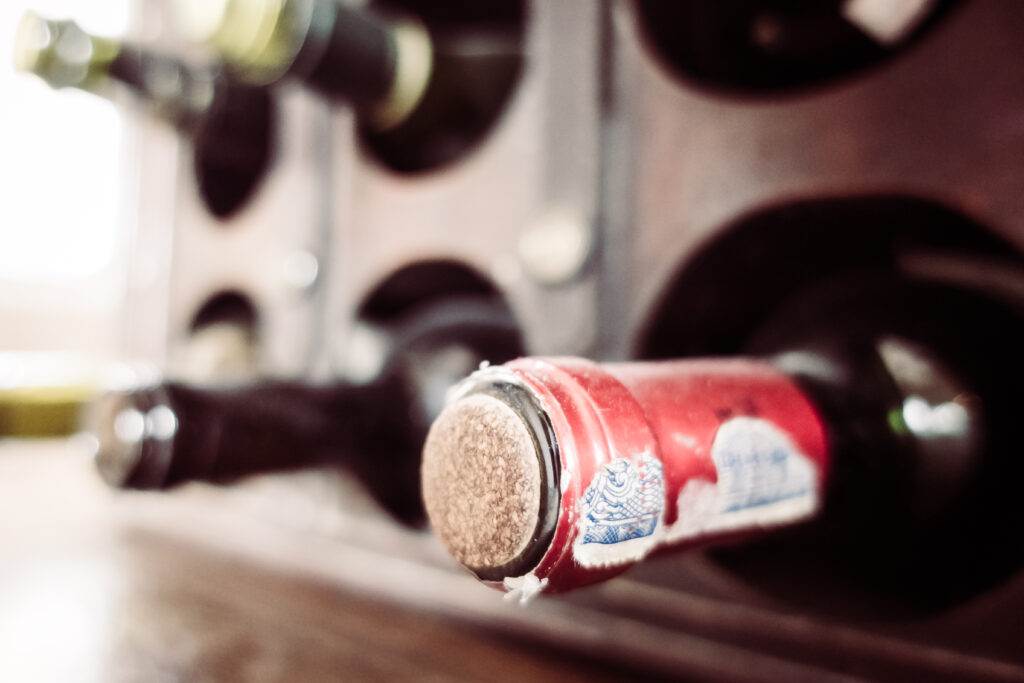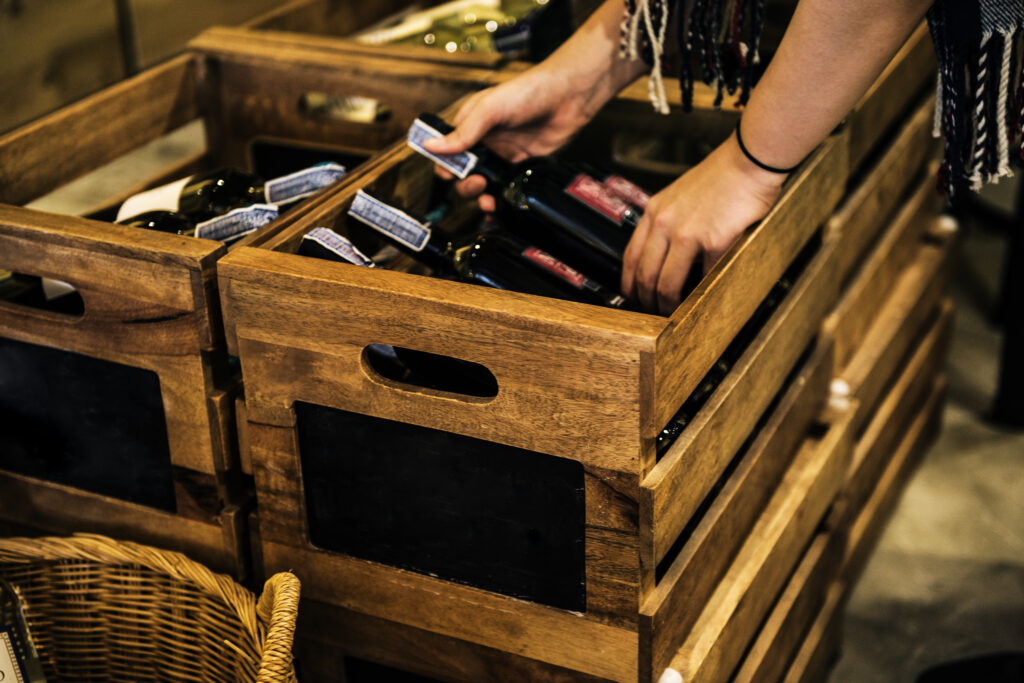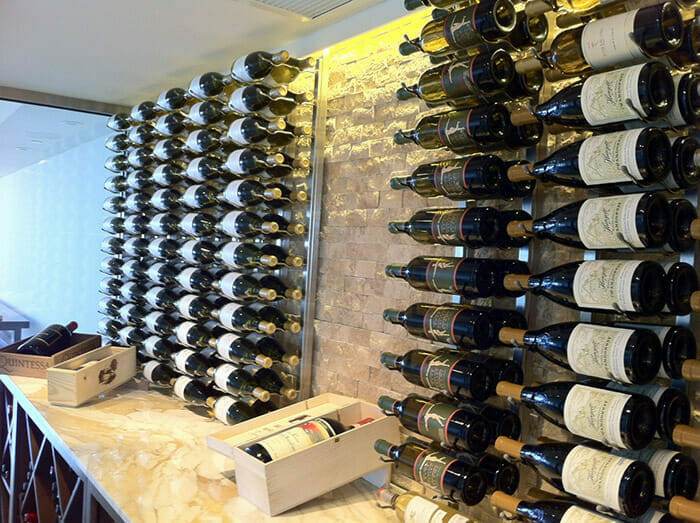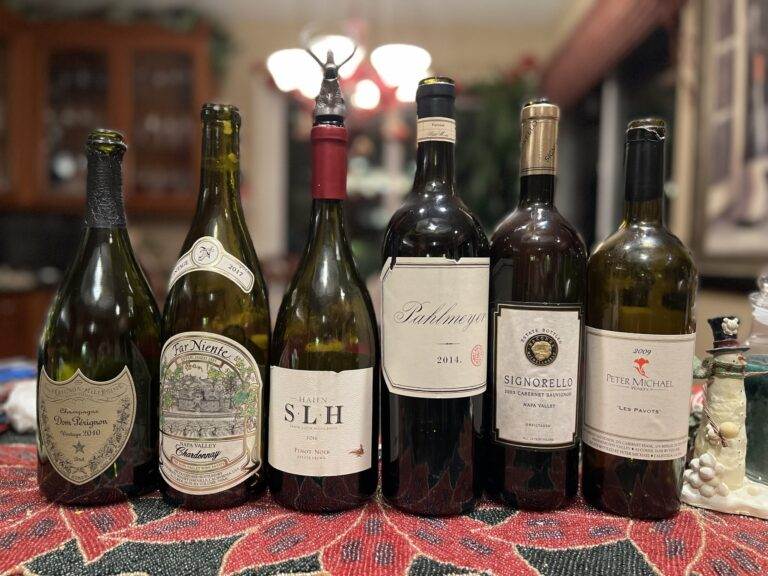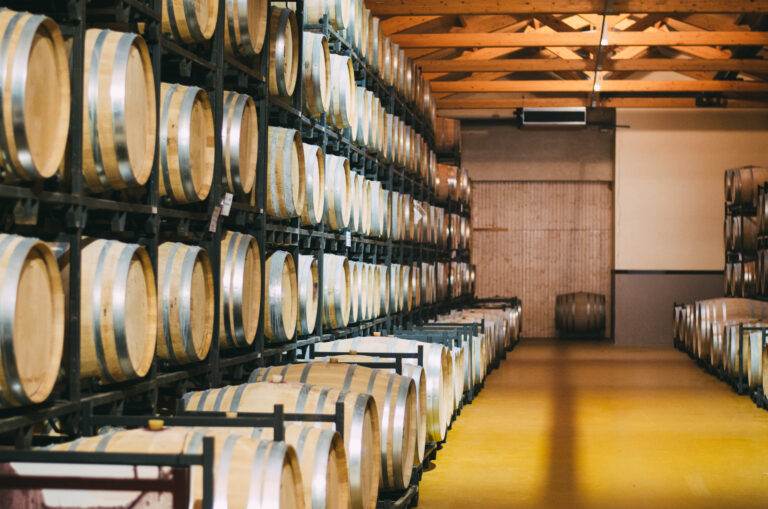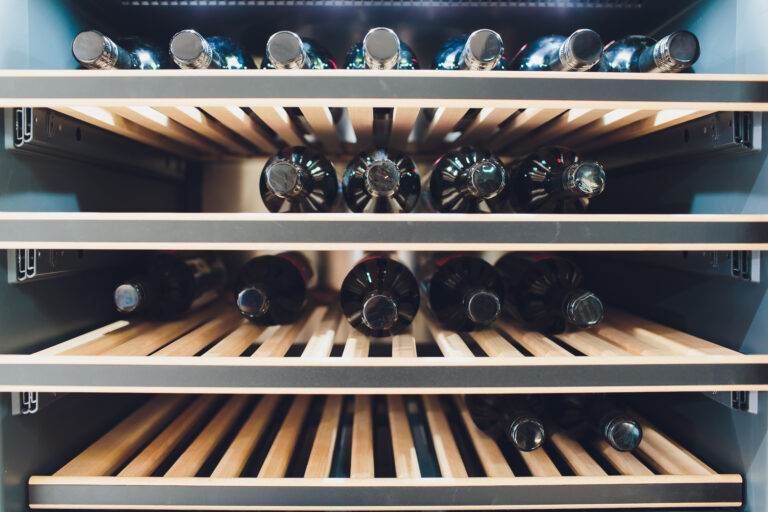Introduction
Overview of San Francisco’s Wine Culture
San Francisco, a city often celebrated for its vibrant culture and cosmopolitan lifestyle, boasts a rich and diverse wine culture that reflects the heart of Northern California’s renowned wine country. The proximity to some of the most prestigious vineyards in Napa and Sonoma enhances the city’s status as a wine lover’s paradise. Wine not only plays a significant role in local gastronomy but also influences the social fabric of the city. Residents and visitors can experience a thriving wine scene filled with various wine bars, tasting rooms, and restaurants that celebrate local varietals. Wine events and festivals such as the San Francisco Wine and Food Festival attract connoisseurs and novices alike, creating an atmosphere where wine appreciation is a shared experience. Key elements of San Francisco’s wine culture include:
Diversity of Offerings:
From crisp Chardonnays to bold Cabernet Sauvignons, the city showcases a plethora of local wines that cater to all palates.
Culinary Pairing:
Many San Francisco eateries specialize in curated wine pairings, enhancing meal experiences and showcasing the region’s produce.
Sustainability Practices:
With a growing interest in organic and biodynamic wines, many local wineries focus on sustainable practices that appeal to environmentally conscious consumers.
The intermingling of such elements forms a dynamic wine culture that thrives on local identity and community engagement.
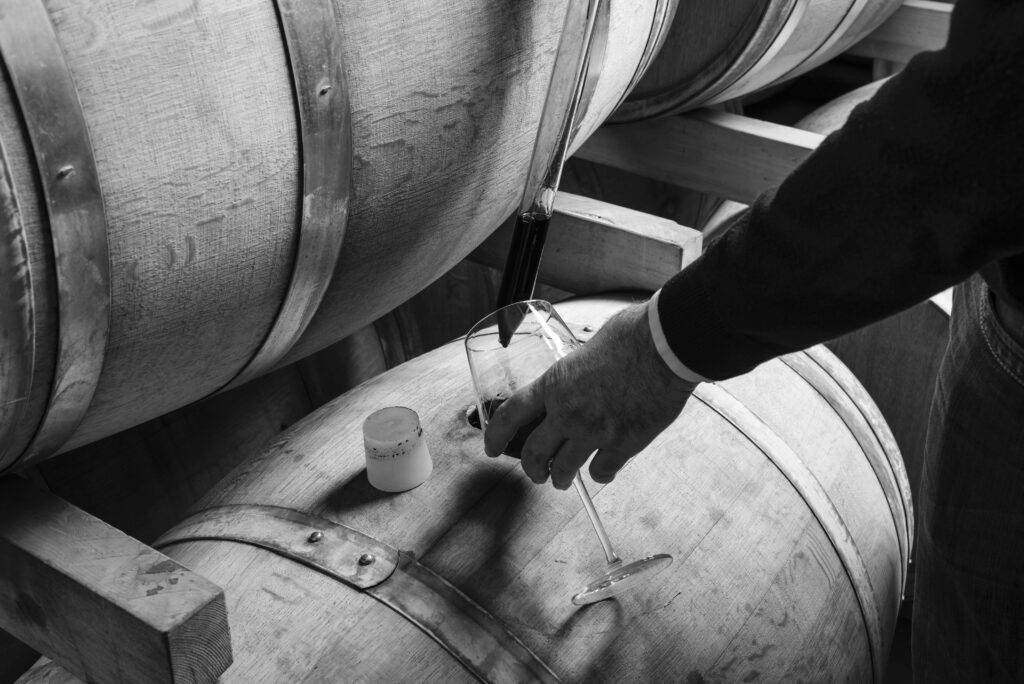
Importance of Wine Cellars for Businesses
For businesses in San Francisco’s hospitality and retail sectors, establishing a well-designed wine cellar is not just a luxury—it’s a necessity. A wine cellar serves as a pivotal aspect of a brand’s identity and customer experience, providing a space where wine can be stored, curated, and showcased with precision. Here’s why investing in a quality wine cellar matters:
Customer Experience:
A dedicated wine cellar enhances the overall guest experience, inviting patrons to explore and select from an impressive range of wines. It transforms standard dining or shopping into an engaging journey.
Preservation of Quality:
Proper storage conditions are essential to maintaining wine quality. A temperature-controlled environment ensures that wines are kept at the ideal climate for preservation, protecting their flavors and characteristics.
Brand Differentiation:
A bespoke wine cellar can become a unique selling point for businesses. It separates them from competitors by offering exclusive selections and personalized tasting experiences.
Revenue Generation:
Well-maintained wine cellars can drive additional revenue through wine sales and wine tasting events. This creates an opportunity to upsell and enhance profitability through premium offerings.
In conclusion, San Francisco’s wine culture thrives on diversity, community engagement, and innovative business practices. By recognizing the value of wine cellars, businesses can significantly enhance customer experiences, preserve quality, and boost their brand image, all while exploring new revenue opportunities.
Enhancing Customer Experience
Personalized Wine Selection
In an era where personalization is paramount, offering a tailored wine selection can significantly elevate the customer experience in San Francisco’s bustling wine scene. Customers increasingly seek unique experiences that resonate with their personal tastes and preferences. By incorporating personalized wine selections, businesses can create memorable interactions that foster loyalty and encourage repeat visits.
- Understanding Preferences: Implementing a system to understand customer preferences—whether through direct conversations, surveys, or loyalty programs—can greatly enhance selection. When a server knows a regular guest’s favorite varietals, it builds a relationship that extends beyond mere transactions.
- Wine Flight Offerings: Creating customized wine flights allows customers to sample a curated selection of wines that match their taste profiles. This not only showcases local varieties but also educates patrons about different flavor notes. Imagine a guest entering a restaurant greeted by a specially crafted flight of wines featuring rich reds that they had previously enjoyed!
- Engaging Staff: Training staff to offer tailored recommendations based on customer input can transform the dining experience. Wine lists often intimidate new customers; knowledgeable team members can simplify choices and introduce options that pique interest.
By prioritizing personalized wine selections, businesses demonstrate an understanding of their clients’ desires while simultaneously enhancing the overall experience.
Showcasing Local Wine Collections
One of the most rewarding aspects of San Francisco’s wine culture is its strong emphasis on local wineries and vineyards. Showcasing local wine collections not only supports regional businesses but also connects customers to the rich history and terroir of California’s wine country.
- Highlighting Local Producers: Establishments can dedicate sections of their wine menus or curated lists exclusively to wines from nearby vineyards. This not only helps customers discover exceptional local options but also fosters a sense of community. For example, offering a “Local Favorites” wine list featuring nearby wineries creates an intimate shopping experience.
- Tasting Events Featuring Local Wineries: Organizing regular tasting events that highlight local wineries can attract both locals and tourists. These occasions provide a platform for winemakers to share their stories and create a narrative around their wines. Engaging customers through tastings fosters a deeper appreciation for the wines being offered and enhances the overall experience.
- Informative Displays: Designing enticing displays that educate customers about the local wines—such as information about the vineyard, winemaking techniques, and pairing options—can spark interest. This can be accomplished through tasting notes and visual displays that catch customers’ attention.
Showcasing local wine collections serves to enrich the customer experience, create unique offerings, and reinforce community ties. Overall, whether through personalized selections or an emphasis on local wines, businesses can create various avenues for customer engagement and satisfaction, ultimately driving loyalty in the vibrant landscape of San Francisco’s wine culture.
Boosting Brand Image
Unique Selling Point
In the competitive landscape of San Francisco’s wine culture, having a unique selling point (USP) is essential for businesses seeking to distinguish themselves from the competition. A well-curated wine cellar can serve as the cornerstone of this USP, offering customers distinct experiences unavailable elsewhere.
- Exclusive Selections: By featuring rare or hard-to-find wines, establishments can attract wine aficionados interested in expanding their palates. Imagine a restaurant that regularly sources limited-edition bottles directly from local wineries or engages in partnerships for exclusive releases; this sets a prestigious tone that elevates the brand.
- Experiential Offerings: Creating immersive experiences around wine, such as wine and food pairings, sommelier-led tastings, or vineyard tours, can set a brand apart. These engagements provide customers with an insider’s view and deepen the connection to the wines they enjoy. It makes every visit memorable, encouraging patrons to share their experiences on social media and recommend the establishment to others.
- Cultural Integration: Incorporating local art, history, or stories into the wine selection process enhances the overall experience. For example, hosting events that celebrate local winemakers while highlighting regional culinary traditions can capture the essence of San Francisco’s culture, making it a focal point of the brand.
“Creating a hidden gem,” as one local business owner explained, involves aligning the brand with community values and local heritage—transforming the wine experience into a narrative that engages customers on a personal level.
Retaining Customers with Premium Offerings
Retaining customers in an ever-evolving market demands that businesses offer premium wines and exclusive experiences consistently. This strategy not only fosters loyalty but also enhances brand reputation.
- Loyalty Programs: Implementing a loyalty program centered around wine purchases can encourage repeat visits. For instance, businesses could offer members exclusive access to special releases or discounts on high-end selections. A frequent shopper perks program could reward returning customers with personalized gifts, adding value beyond their purchases.
- Exclusive Member Tastings: Hosting private tasting events for loyal customers featuring premium wines creates a sense of exclusivity and appreciation. This not only engages customers but also provides opportunities for businesses to showcase their knowledge and passion, reinforcing the brand’s expertise in the wine industry.
- Continuous Innovation: Staying ahead of trends and evolving tastes is crucial in retaining customers. Introducing seasonal selections or new arrivals regularly keeps customers engaged and provides fresh experiences to look forward to. Whether it’s a limited-edition wine unique to the season or a collaboration with a local winery, freshness fosters excitement.
By leveraging the combination of a compelling USP and premium offerings, businesses can effectively boost their brand image and retain a loyal customer base. An elevated wine experience encourages patrons to choose their establishment time and again, ultimately enriching the vibrant narrative of San Francisco’s thriving wine culture.
Improving Storage Conditions
Maintaining Wine Quality
Improving storage conditions is critical for businesses in San Francisco’s thriving wine scene, where wine quality can directly influence customer satisfaction and brand reputation. Proper wine storage not only protects the investment in inventory but also ensures that customers are served the finest experiences possible.
Temperature Control: Wine is sensitive to temperature fluctuations. Ideally, wine should be stored at a stable temperature of around 55°F (13°C). Erratic temperature changes can lead to spoilage, affecting taste and aroma. Businesses should invest in wine refrigeration solutions or climate-controlled cellars that help maintain an optimal environment.
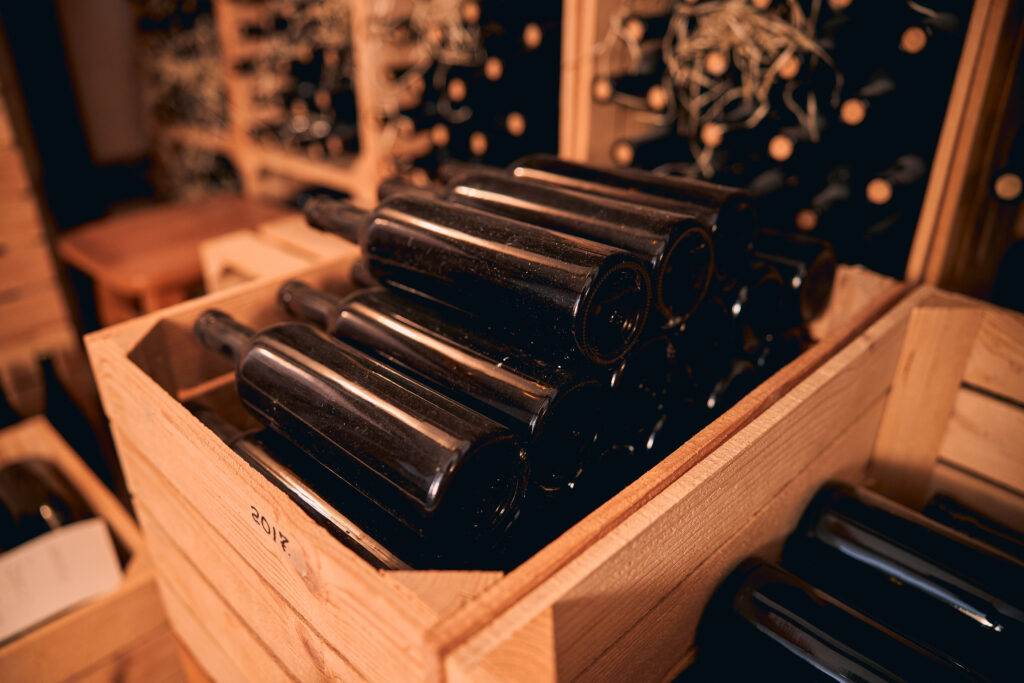
Humidity Levels: Maintaining the right humidity, typically between 50% and 70%, is essential for preserving the integrity of wine corks. High humidity can lead to mold growth, while low humidity can dry out corks, causing them to shrink and allowing oxygen to spoil the wine. Using humidifiers in storage areas can contribute to the ideal conditions.
Light Exposure: Ultraviolet (UV) rays can degrade wine quality and alter flavors. Businesses should take measures to limit light exposure by using UV-filtering glass in storage areas or by keeping wines in dark, insulated spaces. This attention to detail ensures longevity and preserves the intended characteristics of the wine.
Investing in these improved storage conditions sends a clear message to customers: that quality is a priority. Customers are more likely to appreciate and return for well-preserved wines, further enhancing the establishment’s reputation.
Ensuring Proper Aging Process
Beyond maintaining quality, ensuring a proper aging process is vital for businesses looking to offer a selection of mature wines that delight discerning customers. Wine aging is a complex process that enhances flavors and aromas, and it requires meticulous attention to detail in storage.
- Understanding Aging Potential: Not all wines are meant to age. Higher-quality wines, particularly from reliable vintages, often benefit from cellaring. Businesses should focus on curating a selection where aging is appropriate, allowing customers to enjoy wines at their peak maturity.
- Monitoring Aging Conditions: In addition to stable temperature and humidity, adequate air circulation in storage areas is essential. This helps prevent variations in conditions that may compromise the aging process. Businesses can invest in shelving systems that enhance airflow and keep bottles organized for easy access.
- Regular Assessments: Periodic assessments of the wine inventory allow businesses to monitor the aging process and assess when wines are reaching optimal drinking windows. This ongoing evaluation enables recommendations for customers, enhancing their experience and solidifying the establishment’s image as knowledgeable and trustworthy.
By improving storage conditions and ensuring the proper aging process, businesses not only elevate the quality of their offerings but also establish themselves as authorities in the wine landscape. This approach nurtures customer trust and encourages loyalty, making them a go-to destination for wine enthusiasts seeking remarkable experiences in San Francisco’s vibrant wine culture.
Increasing Revenue Opportunities
Hosting Wine Tasting Events
Increasing revenue opportunities in San Francisco’s competitive wine market often hinges on unique experiences that draw in customers and create memorable interactions. One powerful way to achieve this is by hosting wine tasting events. These events not only attract wine enthusiasts but also create an engaging community atmosphere.
- Curated Experiences: Wine tasting events can be themed around specific regions, varietals, or local wineries. For example, hosting a “California Cabernet Experience” allows participants to dive deep into the nuances of local cabernets, guided by knowledgeable staff. This helps customers appreciate the craft behind the wines while enjoying an immersive experience.
- Education and Engagement: Guests often enjoy learning about the wines they are tasting. Inviting sommeliers or winemakers to share insights can enhance the experience, providing attendees with a deeper understanding of the wine’s origin and production. This education transforms a simple tasting into a valued experience, encouraging guests to make purchases based on what they learn.
- Social Media Buzz: Wine tasting events are naturally shareable experiences. Encouraging attendees to document and share their experiences on social media expands visibility. Creating unique hashtags or offering incentives for posts can further amplify awareness and attract new customers.
By hosting well-crafted wine tasting events, businesses can not only boost immediate revenue through ticket and wine sales but also foster long-term relationships with customers who feel connected to the brand.
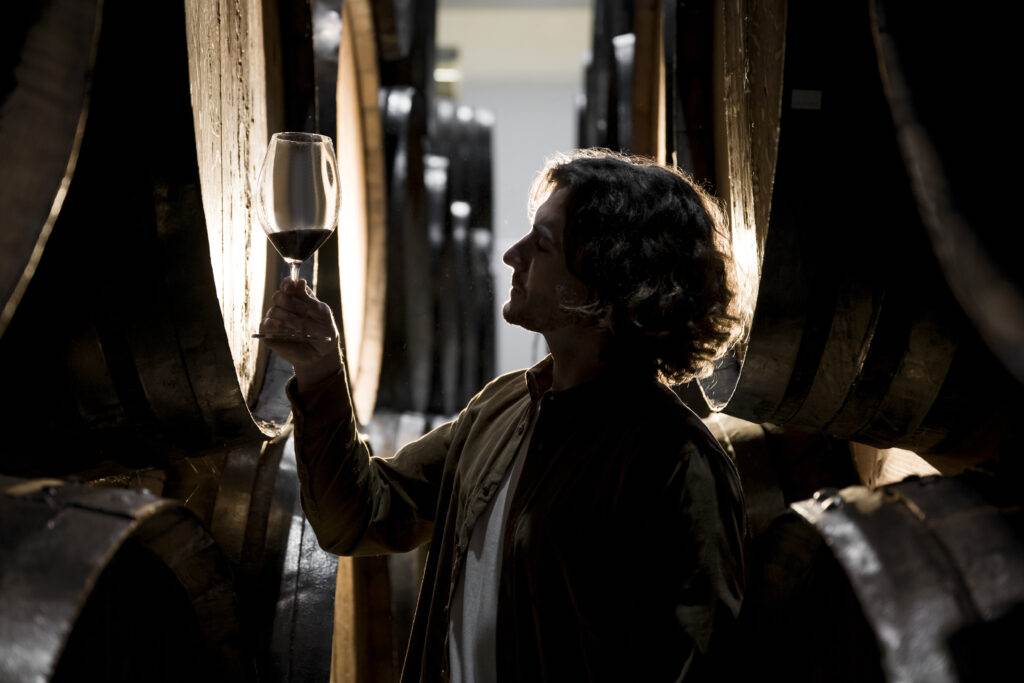
Promoting Wine Sales with Custom Cellars
Another fruitful avenue for increasing revenue lies in promoting wine sales through custom cellars. A thoughtfully designed wine cellar not only enhances the customer experience but also serves as a sales tool for high-quality wines.
- Showcasing Premium Selections: A custom wine cellar allows businesses to prominently feature premium and exclusive wines. Visual displays can entice customers to explore and discover wines they might not have considered otherwise. An aesthetically pleasing setup can also prompt impulse buys, as customers are drawn to visually appealing selections.
- Wine Club Memberships: Offering subscription-based wine clubs can encourage regular purchases. Custom cellars can serve as the hub for these memberships, offering exclusive wines monthly or quarterly. Members appreciate receiving curated selections tailored to their tastes, and the reliability of recurring revenue benefits businesses.
- Interactive Sales Approaches: By creating a hands-on experience in the custom cellar, sales staff can engage with customers in a way that feels personal. Providing tastings of unique wines or allowing customers to explore the cellar while receiving expert guidance can turn a casual browse into a sale.
Promoting wine sales through custom cellars not only provides businesses with additional revenue but also reinforces their commitment to quality and customer service. The combination of aesthetics and expert engagement creates an inviting environment that encourages customers to return, ensuring sustained growth in a competitive market. In conclusion, by hosting wine tasting events and promoting wine sales through custom cellars, businesses can create diverse revenue streams. Both strategies enhance the customer experience, solidify brand loyalty, and tap into the vibrant culture of wine appreciation in San Francisco.
